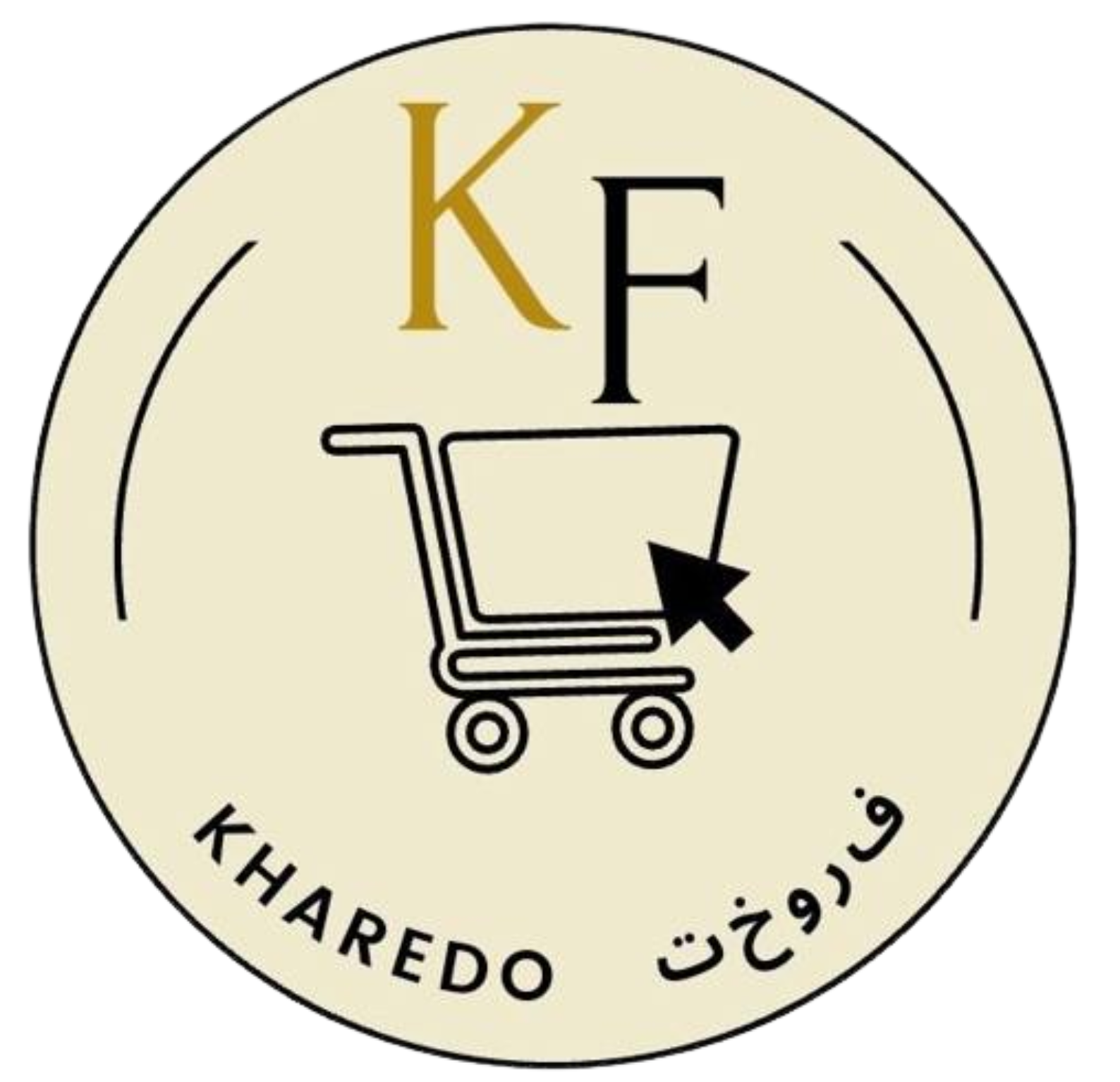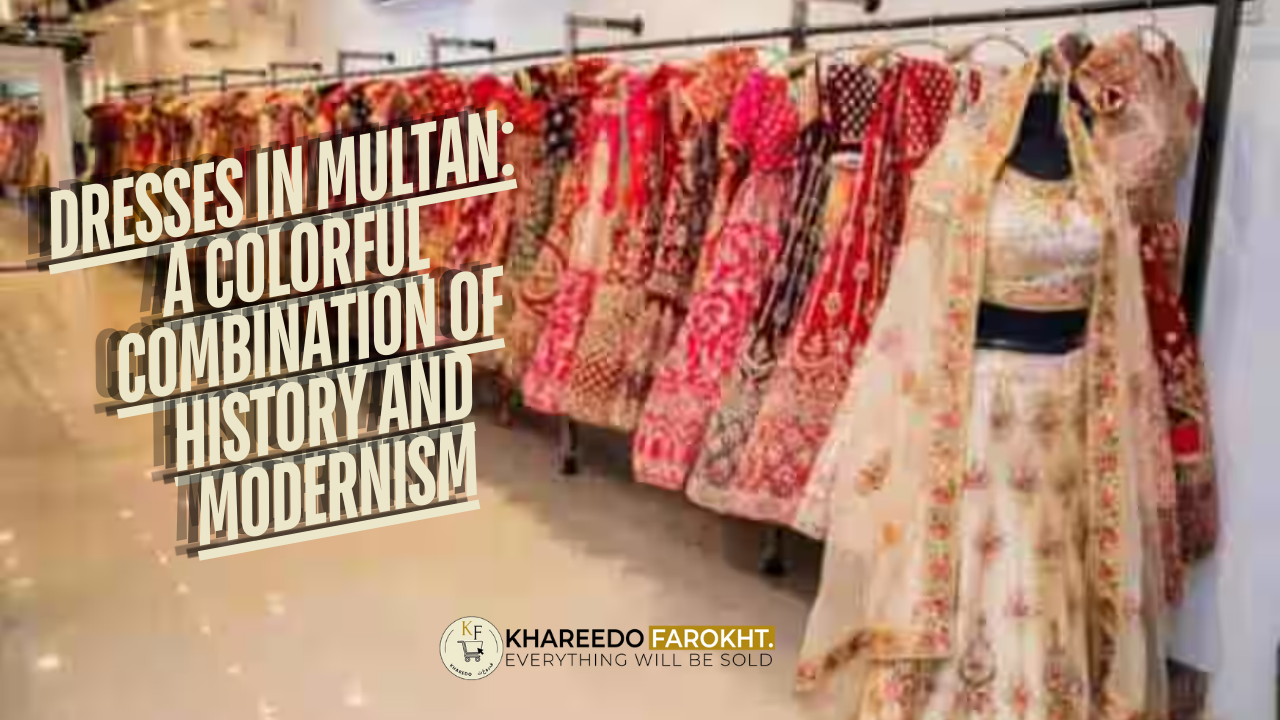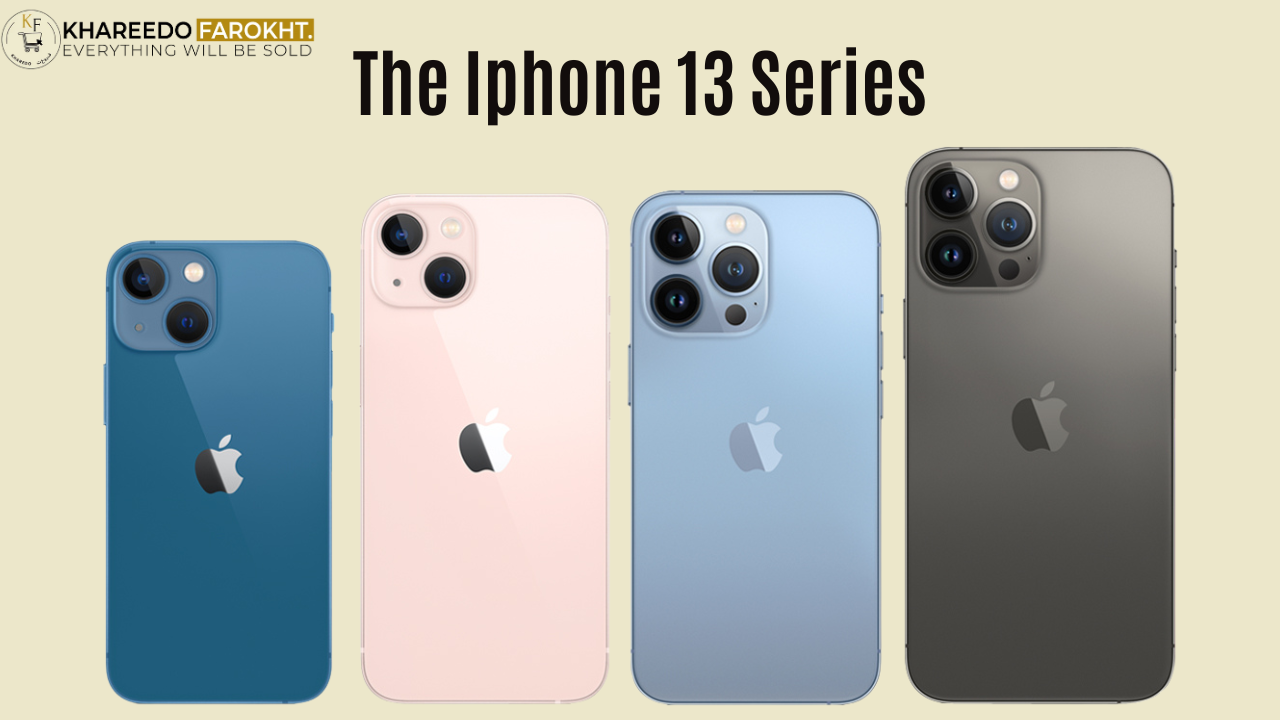title + likes
Dresses In Multan: A Colorful Combination of History and Modernism
created_at date
31-07-2023
Multan, known as the "City of Saints" and one of the oldest cities in South Asia, is not just famous for its historical landmarks and Sufi shrines but also for its vibrant and diverse culture, including its traditional dresses. In this article, we will take you on a journey to explore the captivating world of dresses in Multan, where tradition meets modernity.
1. The Cultural Kaleidoscope of Multan
Multan's culture is an intricate blend of various ethnicities, traditions, and customs. This blend is vividly reflected in the attire of its people. The city's rich heritage and its historical significance have significantly influenced the design and style of the dresses worn by both men and women.
2. The Traditional Women's Attire
The Multani Embroidery - A Timeless Craftsmanship
Multani women's dresses are adorned with exquisite embroidery, known as "Multani Embroidery." This intricate artwork is a representation of the city's artistic finesse. The embroidery showcases intricate patterns of flowers, birds, and geometric shapes, which are meticulously stitched by skilled artisans.
The Multani Jhumka - A Distinctive Accessory
The traditional attire of Multani women is incomplete without the iconic "Multani Jhumka," an elaborate earring that beautifully complements the ensemble. These jhumkas are made of silver and embellished with colorful gemstones, adding a touch of elegance and tradition to the overall look.
The Graceful Sari and Lehenga in Multan
The sari and lehenga are traditional garments that have stood the test of time in Multan's fashion scene. The sari, a six to nine-yard-long drape, is favored for its timeless grace, while the lehenga, a long skirt paired with a blouse and dupatta, is a popular choice for weddings and festive occasions.
The Majestic Cholistan Dress
The Cholistan dress is a distinctive outfit worn by women in Multan's neighboring region, Cholistan. This attire features vibrant colors, intricate embroidery, and mirror work, creating a mesmerizing ensemble that captures the essence of the desert culture.
3. The Dapper Men's Wear
The Classic Multani Kurta and Pajama
Men in Multan traditionally wear a graceful attire called the "Multani Kurta." This knee-length garment is paired with "Pajama," a comfortable and loose-fitting trouser. The Multani kurta is often embellished with delicate embroidery, giving it a touch of sophistication.
The Colorful Turban
The turban, known as "Pagri" in the local language, is an essential accessory for men in Multan. The turban is more than just a piece of cloth; it signifies honor, pride, and respect. The colors and styles of the turbans vary, reflecting the wearer's social and cultural background.
4. The Fusion of Tradition and Modernity
Contemporary Adaptations of Traditional Dresses
With changing times, traditional dresses in Multan have evolved to incorporate modern elements. Fashion designers are now blending traditional embroidery with contemporary silhouettes, creating fusion wear that appeals to the younger generation while preserving the essence of Multan's heritage.
The Revival of Handloom and Handicrafts
The fashion industry in Multan is witnessing a resurgence of interest in handloom and handicrafts. Artisans and weavers are revitalizing age-old techniques, breathing new life into the art of weaving, and producing unique and sustainable garments that resonate with conscious consumers.
Conclusion
In conclusion, Multan's dresses epitomize the city's rich cultural heritage, with each garment telling a story of tradition, craftsmanship, and artistry. The beautiful amalgamation of tradition and modernity in the city's fashion scene reflects the dynamic spirit of Multan and its people.
FAQs
1. Q: Where can I buy traditional Multani dresses?
A: You can find traditional Multani dresses in local markets, bazaars, and specialized boutiques in Multan.
2. Q: What are the famous colors used in Multani dresses?
A: Multani dresses are known for their vibrant and rich color palette, with hues like deep red, bright yellow, and royal blue being popular choices.
3. Q: Is Multan famous for any specific type of embroidery?
A: Yes, Multani Embroidery is a famous and intricate form of artwork known for its detailed patterns and vibrant colors.
4. Q: Are traditional dresses still worn in daily life?
A: While modern clothing has become more prevalent in daily life, traditional dresses are still worn on special occasions and cultural events.
5. Q: How do turbans reflect social status in Multan?
A: In Multan, the color, style, and way of tying the turban can indicate the wearer's social background, status, and sometimes even profession.
"
"
 Digital media delivery
Digital media delivery
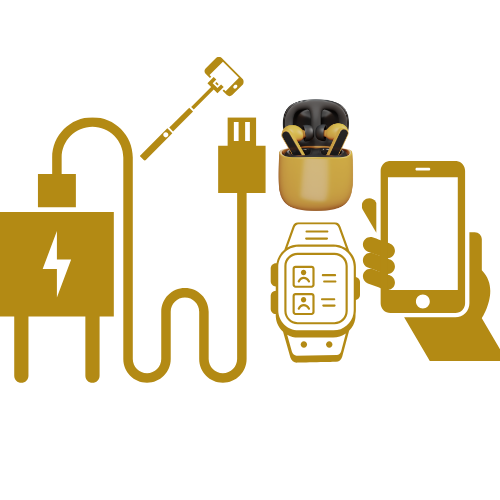 Mobiles & Accessories
Mobiles & Accessories
 Vehicles & Parts
Vehicles & Parts
 Property For Sale
Property For Sale
 Property For Rent
Property For Rent
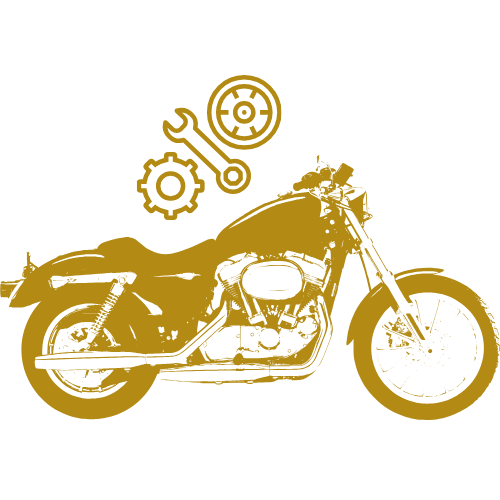 Bikes & Parts
Bikes & Parts
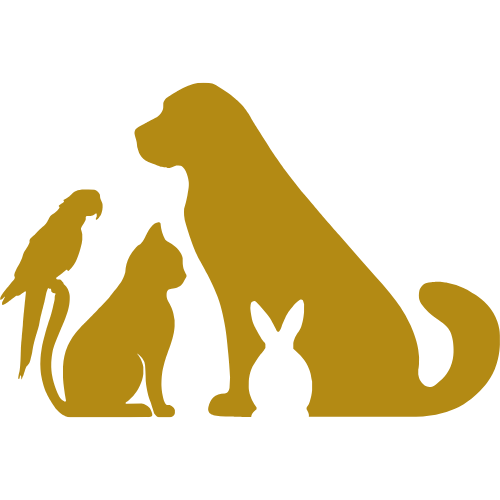 Animals & Birds
Animals & Birds
 Furniture & Home Decoration
Furniture & Home Decoration
 Beauty And Personal Care
Beauty And Personal Care
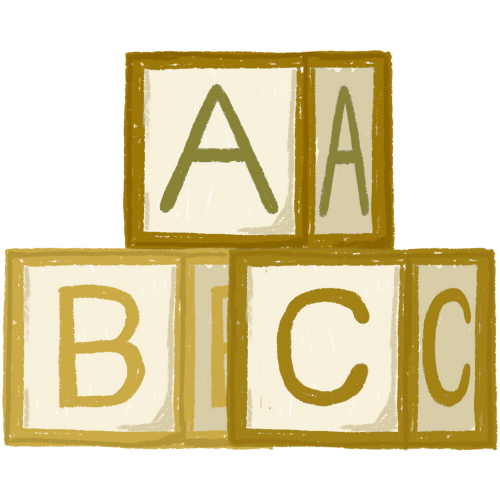 Kids Toys
Kids Toys
 Electronic Accessories
View more
Electronic Accessories
View more
 Digital media delivery
Digital media delivery
 Mobiles & Accessories
Mobiles & Accessories
 Vehicles & Parts
Vehicles & Parts
 Property For Sale
Property For Sale
 Property For Rent
Property For Rent
 Bikes & Parts
Bikes & Parts
 Animals & Birds
Animals & Birds
 Furniture & Home Decoration
Furniture & Home Decoration
 Beauty And Personal Care
Beauty And Personal Care
 Kids Toys
Kids Toys
 Electronic Accessories
Electronic Accessories

